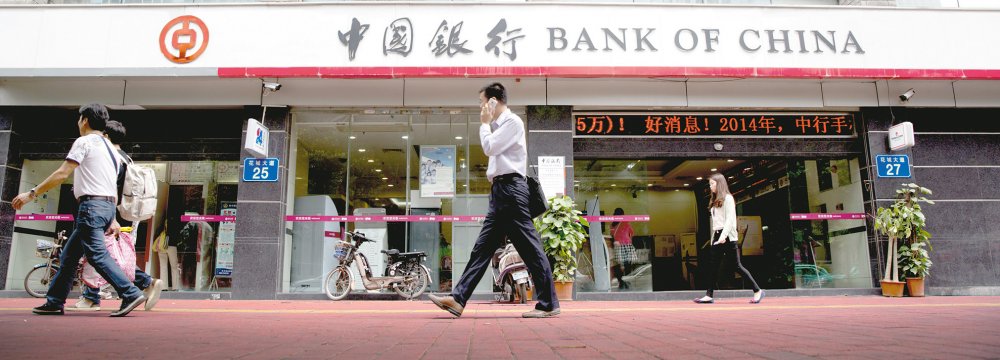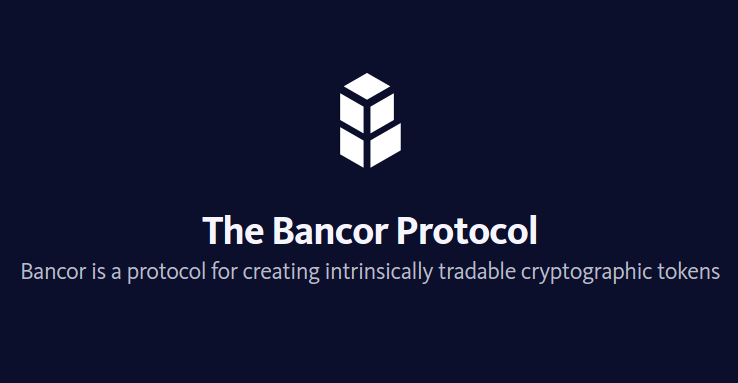Asia, Blockchain’s Promised Land
The first industrial revolution began in Britain in the late 18th by the automation of the textile industry. The event brought together workers from their cottages and threw them together in the factory of the future. Later, in the 20th century, the assembly line invented by Henry Ford made our consumer society possible by introduce mass production. Now, a third industrial revolution is underway and it radiating from Asia outwards. Manufacturing, business and money transfers are all going digital, and this may change much.
Asia – The Early Adopters
The west tends to look at itself as advance and technologically cutting-edge. This is true, and then again, it leaves some room for contest. While westerns have been avaricious about new and slick gadgets, countries such as China, Japan and South Korea have embraced a host of inventions that may still sound outlandish to someone living in the western hemisphere.
With mobile payments, electronic sports, robotics and blockchain solutions, Asia has definitely come well ahead of the curve. Western companies have been quick to embrace innovation, but then again, they have not been as recklessly as to try to foist it on their own people. As early as 2016, Microsoft laid the groundwork for an Asian blockchain foundation in Taiwan.
Asia is primed to change banking at first. Beyond cryptocurrencies, blockchain technologies will have a transformative, albeit admittedly disruptive effect, on all major industries and their offshoots.
The whole continent seems to be prepared to go digital because of the mobile payments systems already in place and the growing share of e-commerce companies, with Alibaba’s dominance palpable all across the region.
Closer Economic Ties Mean Digital
As Asian countries are preparing to bring together their finances and rev up the number of cross-border transactions in the imminent future, it is understandable that financial institutions will seek to cope with the increased influx of money.
Opting for the blockchain technology is the region’s best chance. Not only that, but blockchain has also proved itself as a valuable addition to a number of businesses simplifying booking keep whilst boost productivity and security, and slashing costs dramatically.
Despite a spate of unfortunate events in the crypto sector in Asia, every country seems to be committed to blockchain. China enacted a ban in September 2017, putting a crack on Initial Coin Offerings (ICOs), but the country remain committed to advancing blockchain in general.
Blockchain has also served as the basis of a new spate of investment rounds, with innovative startups launching ICOs to seek capital. While many entities have seem to jump the ICO bandwagon, inviting foul play in the process, it is understandable why start-ups would embrace this way of raising funds.
Digital entrepreneurs in Asia in general are particularly keen of the idea to back a promising project that aligns with their own interests without seeking immediate ROI. In a sense, Asians are more open to the idealistic value of a new project rather than seeking pure capital returns at the expense of the startup itself.
Centralized Government, Decentralized E-commerce – A Familiar Concept
Countries all across the region have highly centralized governments that try to intervene in the daily lives of citizens. Despite this prying approach, though, even China, which metes out social scores to its citizens as a part of pilot project rewarding loyalty to the party, is in favour of decentralized e-commerce.
Alibaba, the world’s largest online retailer, has decided to act solely as a facilitator of transactions and never try to handle the business on its own. This has seemed to work with customers and vendors alike, and people have now adopted a de-centralized way of doing business.
Blockchain promises just that and people have been making a strong push for larger adoption. Blockchain will lie the infrastructure for an ever more efficient trade and business on everyday business.
Asia has the technical expertise and regulatory bodies as well as public endorsement to introduce these profound changes to how commerce and business should function.
Europe and United States may have created today’s world in their own image, but Asia is assuming the leading position in the third industrial revolution thanks to blockchain. It has been long in the making and the continent will now lead the way.
Apr 10, 2018
Asia, Blockchain's Promised Land



Comments (No)